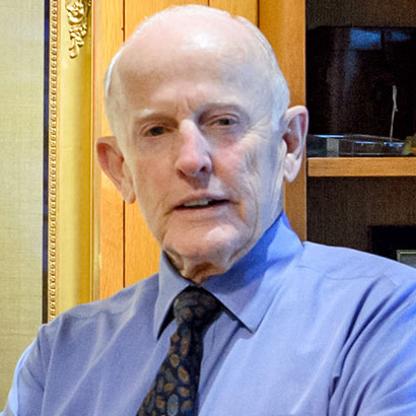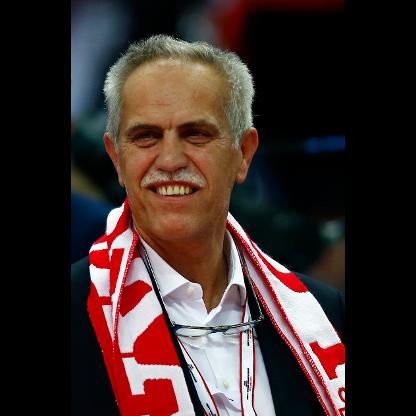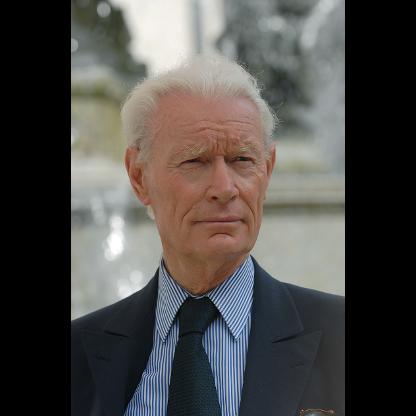Slaight and Bitove eventually disagreed on this very arena, with Slaight calling it "financial suicide" to build a separate stadium without the Maple Leaf hockey franchise who publicly declared to build their own arena, meaning two rival buildings. The Maple Leafs were willing to share the majority of the cost burden and have the Raptors act as a junior, tenant. Eventually, Slaight invoked the "shotgun clause" in his ownership deal, essentially forcing either Bitove or Slaight to buy out one another with a 60-day limit to pay the cash. Slaight prevailed and reluctantly bought out Bitove, whose passion for the Raptors was evident but declined the offer. On November 15, 1996, Slaight gained 79 per cent control of the Raptors. "It's exciting, nervous-making and at the same time very proud. It's a big financial exposure. Anything of this magnitude would make any sane individual nervous – and I still have some sanity," Slaight said.









